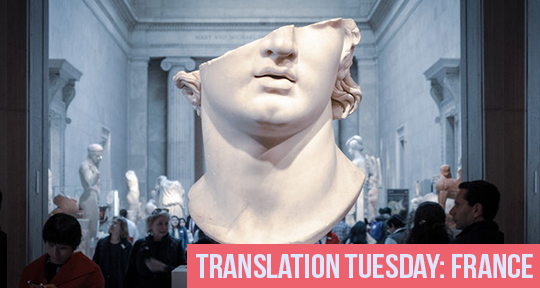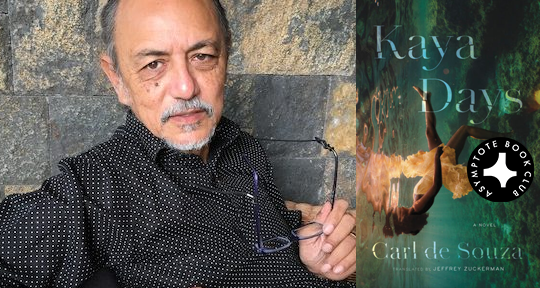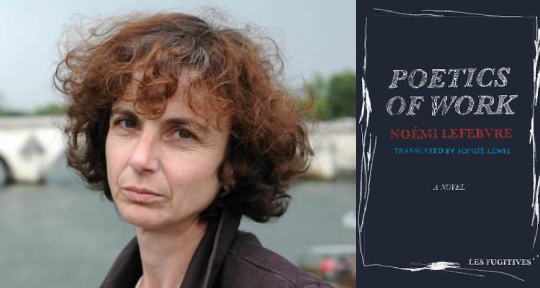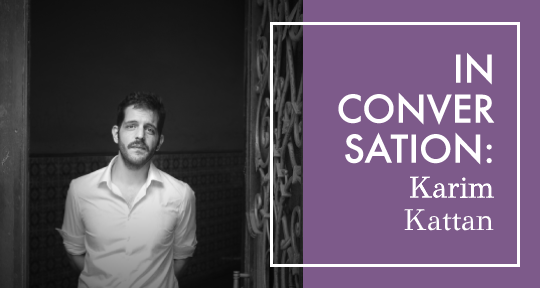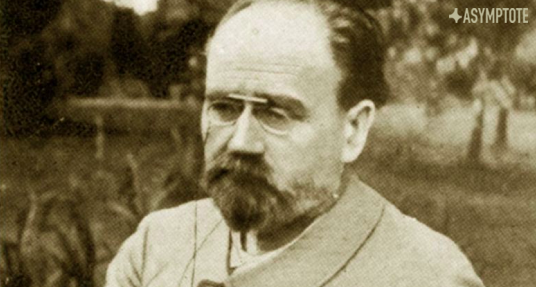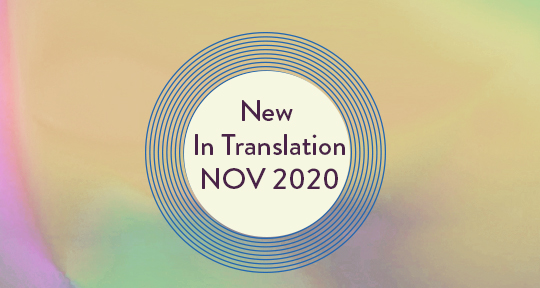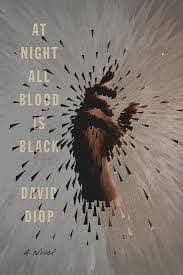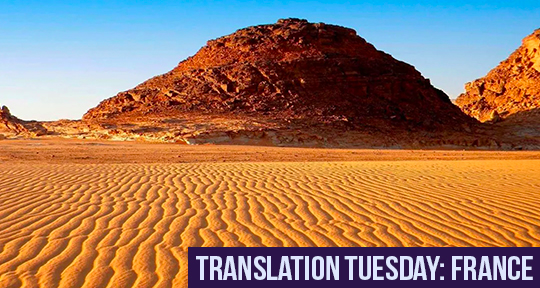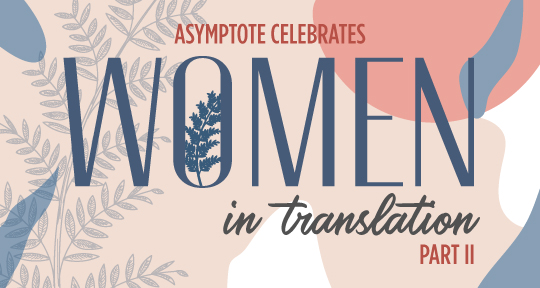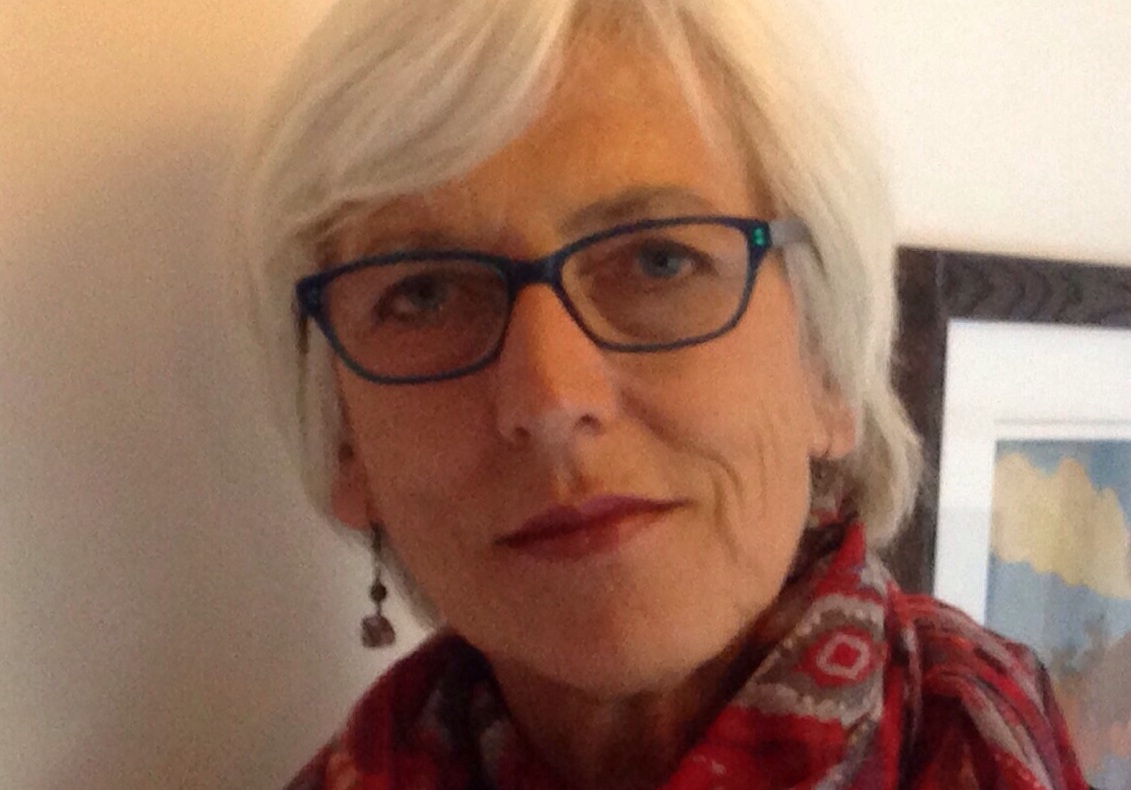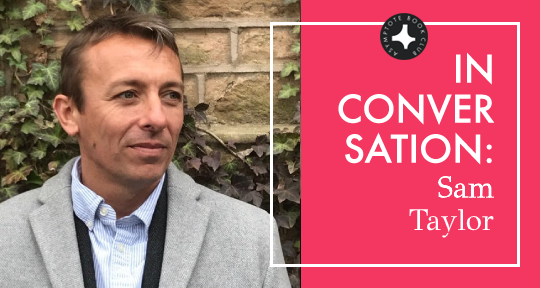This Translation Tuesday, glimpse into the novelistic invention of Marie-Hélène Lafon’s award-winning Les pays through her protagonist Claire who, much like the author herself, moves from agricultural France to the city. Encountering a certain professor of Greek at the Sorbonne, Claire’s eyes open to this world of “impeccable choreography” and the difference that Monsieur Jaffre brings in his manner and mystique. Translator Dr. Benjamin Eldon Stevens brings us through the landscapes through which Lafon writes, and the feeling he tries to evoke in a translation that bubbles with a kind of intellectual and spiritual wonder.
“The title of Marie-Hélène Lafon’s 2012 novel, Les pays, suggests a humanizing plurality. Ordinarily, ‘les pays’ would refer to ‘countries’ or ‘nations.’ Here it seeks to make of the French ‘countryside’ something more than how the region is traditionally depicted: instead of the simple monolith that may be found in literature of the city, rather a set of places with their own complex histories. This chimes with Lafon’s stated hope to develop a contemporary literature that would lift rural lives—likewise plural—to the level of myth.
Thus Lafon refigures her own upbringing, with her move from countryside to city modeling that of Les pays’s main character, Claire. Like Lafon, Claire has left her childhood home in Aurillac to study classical literature at the Sorbonne. In this excerpt, which starts the second part of the novel, Claire is in her first year at the Sorbonne. Overwhelmed by the work and not helped by other teachers, she yet delights in language, privately calling the coursework ‘cursus’ and its masters ‘mandarins’ (for, implicitly, they are tart). That sparkling delight she finds reflected in Monsieur Jaffre. His love of the material, his home library overrun with ‘paunchy dictionaries,’ a desk under the spreading arms of a—Chekhovian?—cherry tree: such details suggest to Claire that a life of joy is possible, albeit a ‘joy both ardent and austere.’ It is that complex feeling, felt by the author no less than by her character, that I have hoped to capture in this translation.”
—Dr. Benjamin Eldon Stevens
The Greek professor has a woman’s hands, he rubs them together, interlaces his outstretched fingers; his wrists are supple, and Claire thinks that he must play the piano. She imagines him in a large living room, the piano is black and stretches across a patterned rug, the room is studded with books; his daughters would be listening to him, he has three daughters she knows that he has said so, all three in sciences like their mother, they did however do Latin and Greek in high school, through their final year; the eldest a doctor, a geneticist, a PhD candidate, the other two engineers. Two daughters would be seated on stiff armchairs upholstered in pale yellow fabric, like you used to see for sale in pairs in the window of the antiques dealer in Saint-Flour, you did not know the price, which was not posted, behind the senatorial armchairs you could make out gleaming dressers, pontificating armoires and distinguished vanities, you did not stop you never went inside. The Greek professor’s youngest daughter would stand up straight at her father’s side and turn the pages of the score, or the father would play without one; Claire hesitates, she does not know if playing without a score, by heart, is a sign of greater distinction at the piano; she hesitates also on their first names, Anne, Alma, or Sophie, she sees the girls’ hairstyles, smooth brilliant blunt bobs for the younger two, long hair left down the back for the eldest, they are brunettes like their father, the color matte. READ MORE…

